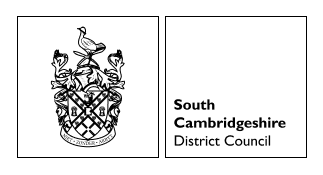The integration of the Agile AI Validator into the other software solutions has drastically reduced the standard validation/registration time from 40 minutes to just 15 minutes for a standard householder application. AI Validator’s ability to seamlessly integrate with various back-end systems, enhancing flexibility and ensuring compatibility with different software environments provides planning authorities the opportunity to maximise AI adoption without changing their back-office solution, thus taking advantage of ground breaking technology with no risk or concerns or integration compatibility.
Anthony Stephenson, Development Manager, “As an authority that receives around 600 householder applications each year and almost 2,000 applications in total, this improvement has been transformative in enhancing efficiency and accuracy in processing planning applications. By focusing on process improvements and closely integrating their tools, we have created a more efficient working environment for all members of the technical team. In addition, the ability of Officers to quickly open, analyse and mark-up plans and save them into the back-office solution has greatly improved the speed and quality of assessment. The ability to utilise powerful tools quickly has ultimately led to improvements in the quality of development”.








